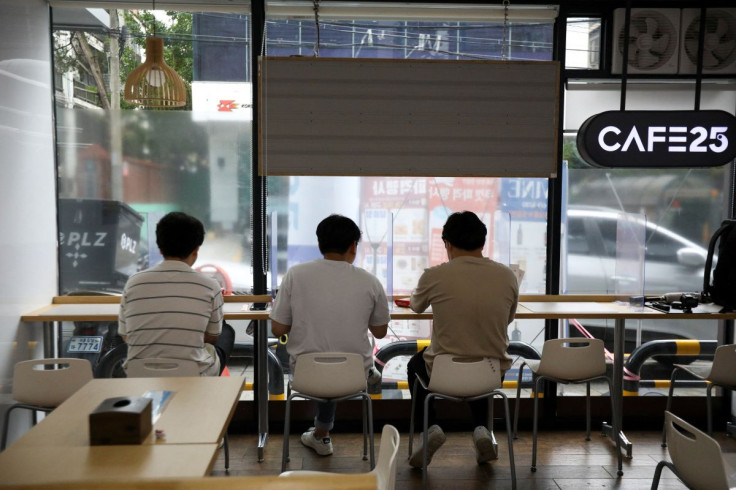S.Korean Inflation Expectations Hit 2-decade High

South Koreans' inflation expectations hit their highest in at least 20 years this month and consumer confidence fell to a two-year low, a survey showed on Tuesday, as a central bank board member pointed to risks to economic growth.
In the Bank of Korea's (BOK) July survey, South Koreans expected inflation to average a median 4.7% in the next 12 months, up strongly from 3.9% in the previous survey and higher than any outlook since the data releases began in February 2002.
An index measuring South Koreans' assessments of future economic conditions and living standards fell to 86.0 in July from 96.4 in June, according to the same survey. The result was lowest since September 2020 and showed the biggest fall since March 2020.
The data pushes authorities in opposite directions. High inflation expectations increase their challenge in containing price rises with interest rate hikes, but low confidence in the economy makes them more wary of restraining demand.
Bank of Korea board member Suh Young-kyung cited intensifying downside risks to exports and consumer spending among major factors for the central bank to consider as it proceeded with further interest rate rises. These should be gradual, she added.
Annual inflation rate would probably reach its peak during the current quarter then ease gradually, Suh said.
Analysts said that, since high inflation had long been seen as a factor in monetary policy, market participants were now paying attention to growing signs of economic cooling, notably in exports and consumer spending.
"We are apparently seeing more comments of inflation peaking out and economic growth losing momentum," said Kang Seung-won, a fixed-income analyst at NH Investment & Securities.
The Bank of Korea raised its policy rate by an unprecedented 50 basis points this month. Governor Rhee Chang-yong said after the hike that, while fighting inflation remained the top priority, the central bank would try to avoid further big rises in future.
More than 2,400 households participated from July 11 to 18 in the survey of inflation expectations and the outlook for economic and living conditions.
© Copyright Thomson Reuters 2024. All rights reserved.











